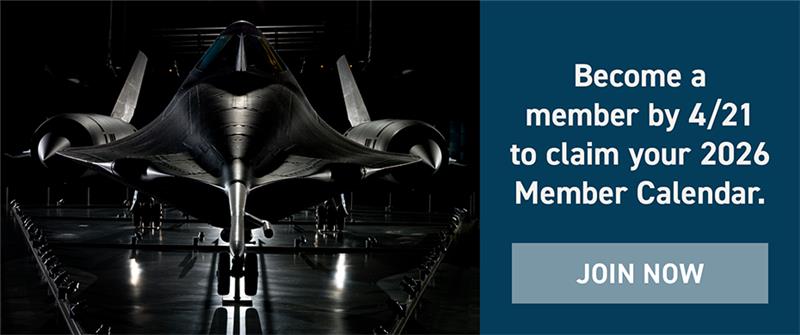
Stories of daring, stories of technological feats, stories of prevailing against the odds ... these are the stories we tell at the National Air and Space Museum. Dive in to the stories below to discover, learn, and be inspired.
Showing 591 - 600 of 634
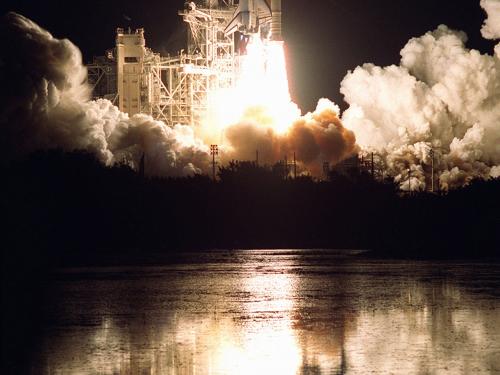
March 20, 2011
The first decade of the twenty-first century has offered both serious challenges and enormous potential for the development of new human launch vehicles that could finally achieve the long-held dream of reliable, affordable access to space. But at the end of the decade, the policy questions posed by the 2003 loss of Columbia about the future U.S. human spaceflight still loom large.

March 18, 2011
On March 18, 2011, at 8:45 pm EDT, MESSENGER became the first spacecraft ever to enter Mercury's orbit. In this blog, Tom Watters reflects on the importance of this achievement.
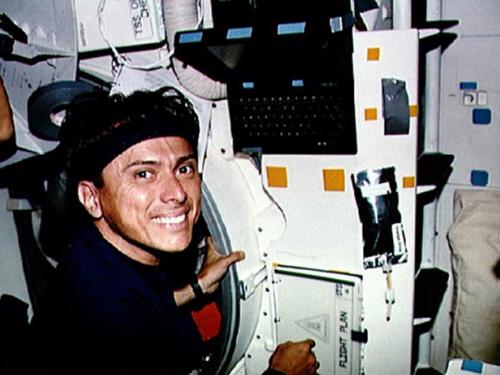
February 11, 2011
The announcement last year that Bill Moggridge was selected to be the new head of the Smithsonian’s Cooper-Hewitt Museum in New York gave me pause. In my daily work I tend to stay on a narrow path of aerospace-related topics, but that name sounded familiar. A glance at my bookshelf gave me the answer: before joining the Cooper-Hewitt, Moggridge was a co-founder of the international design firm IDEO, and while there he played a crucial role in the design of the world’s first laptop computer: the GRiD Compass, first marketed in 1982. The unusual capitalization of “GRiD” was a trademark of the company that developed it.

January 28, 2011
1986 was supposed to be a banner year for the United States in space—12 shuttle missions scheduled, the most to date, including launch of the Hubble Space Telescope.
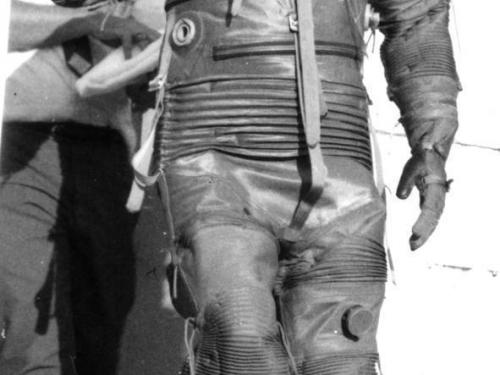
January 14, 2011
Sixty-two suits. Toni Thomas and I came up with that number after several days counting spacesuits and flight suits on stepladders in the Environmental Storage Room, Building 24 (ESRB24) at the Paul E. Garber Facility. These were the pressure suits in the National Air and Space Museum spacesuit collection that still needed soft, conservation-correct storage mannequins. That was June 2009. Amanda Young had just retired after the successful publication of her and Mark Avino’s book Spacesuits: The Smithsonian National Air and Space Museum Collection. The book culminated fifteen years of hard labor on her part to document, reorganize and standardize the preservation, storage and exhibit conditions for the Museum's spacesuit collection.
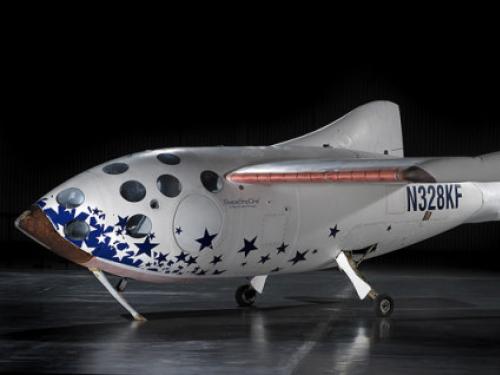
December 30, 2010
As the first decade of the twenty-first century comes to a close what might we consider the ten most important events in space exploration and discovery?

December 21, 2010
I was pleasantly surprised when the clouds rolled out and the weather turned out to be favorable for the total lunar eclipse last night!

December 17, 2010
The Moon is one of the most easily recognized celestial objects and arguably the easiest one to observe. It is simple to view the changing phases from day to day, with your naked eyes. Binoculars or a telescope will reveal countless craters, ancient lava flows, and other intriguing lunar features.
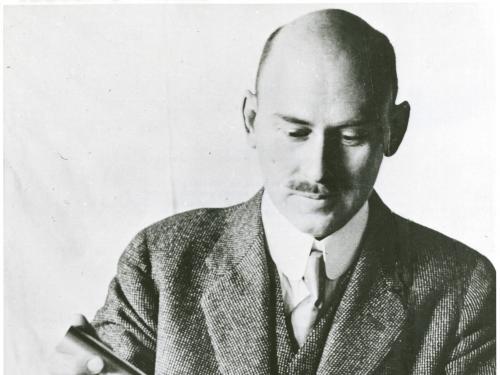
December 03, 2010
Former Secretary of the Smithsonian, Charles Greeley Abbot helped get the Space Age under way. In late September 1916, he received a letter from Robert Hutchings Goddard. Four long paragraphs later, Goddard revealed that he had been investigating rocket propulsion.
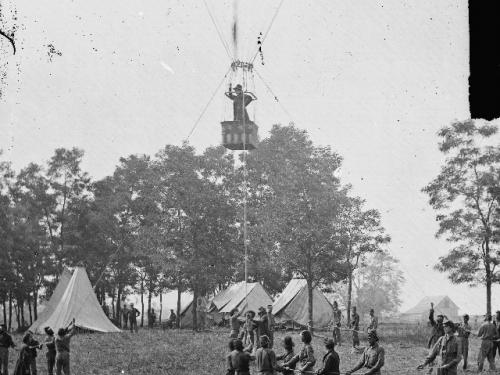
November 18, 2010
Built in 1918, the Aircraft Building housed most of the Museum's aviation collection for decades. Taken in 1938, this photo also shows a tank and artillery piece displayed by the front door.
Featured in National Air and Space Museum: An Autobiography
